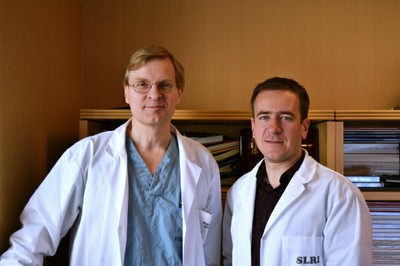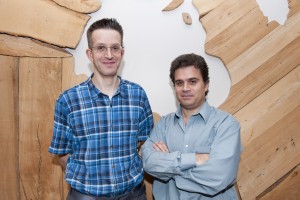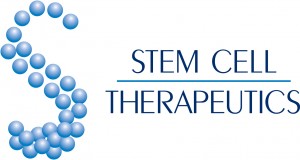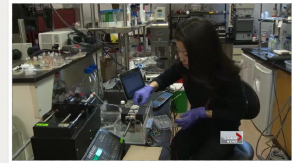MaRS Innovation collaborating with Johnson & Johnson Innovation and Janssen to advance Cardiac, Diabetes and Depression technologies
![]() TORONTO, Jan. 12, 2015 — MaRS Innovation, the commercialization agent for Ontario’s 15 leading academic institutions, today announced that it has formed a research collaboration with Johnson & Johnson Innovation, LLC and its Canadian affiliate, Janssen Inc., to advance three technologies focused on cardiac, diabetes and depression, respectively.
TORONTO, Jan. 12, 2015 — MaRS Innovation, the commercialization agent for Ontario’s 15 leading academic institutions, today announced that it has formed a research collaboration with Johnson & Johnson Innovation, LLC and its Canadian affiliate, Janssen Inc., to advance three technologies focused on cardiac, diabetes and depression, respectively.
This announcement was covered in Lab Product News.
“These three projects reflect the quality of innovation present in Toronto’s research community for our industry partners, and Toronto’s progress in addressing healthcare issues of international concern,” said Dr. Raphael Hofstein, president and CEO of MaRS Innovation. “Johnson & Johnson Innovation is a long-term strategic partner of MaRS Innovation and of our members; our collaboration reflects the benefits to accessing our members’ deal flow through MaRS Innovation. Through these deals and other scientific exchanges, we see increased interest in Toronto’s innovation and entrepreneurship community.”
The projects’ principal investigators are researchers from the University Health Network (UHN), the Centre for Addiction and Mental Health (CAMH) and the University of Toronto. This announcement follows Johnson & Johnson Innovation’s December 2013 commitment to collaborate on early-stage drug development projects.






